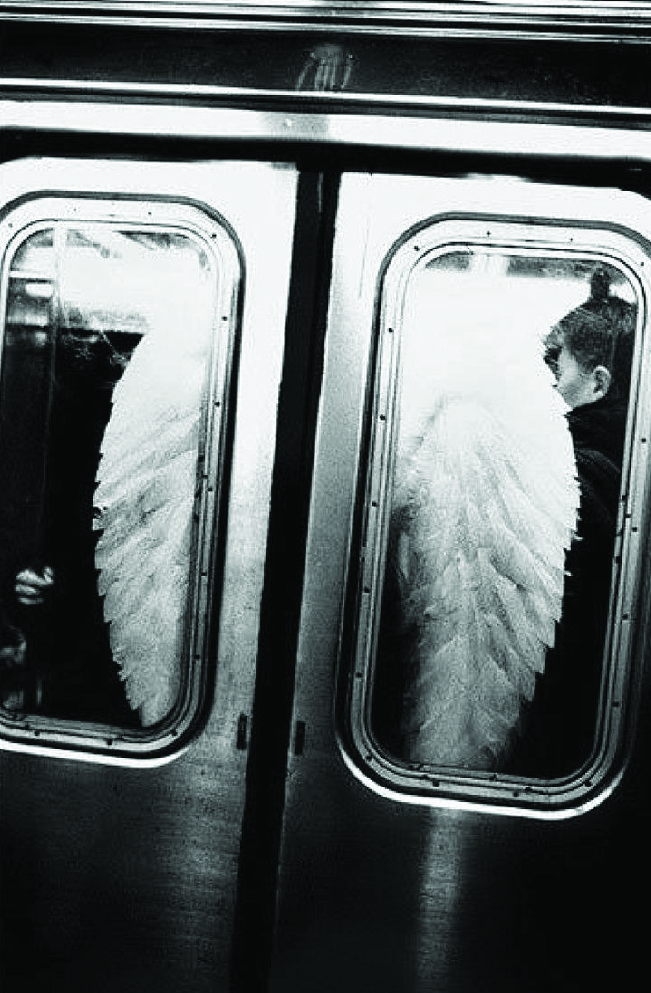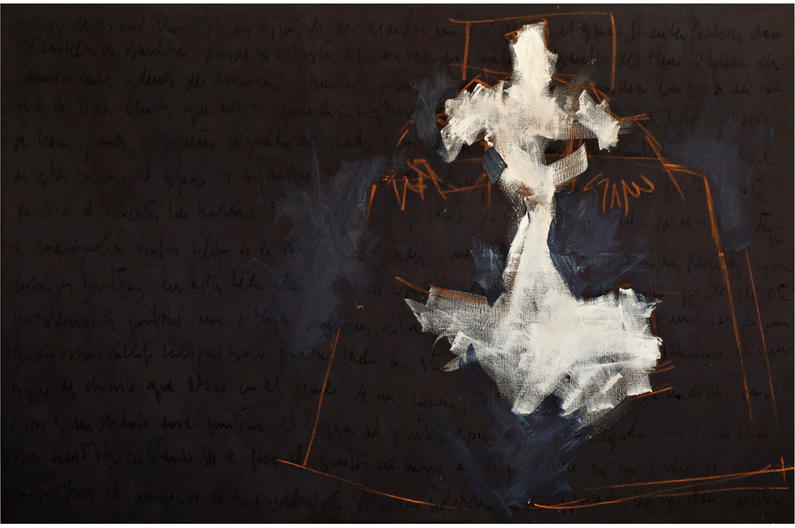“Many clients don’t want to seem rich, but rather express their personality and feel emotions.” Gilles Lipovetsky, in the introduction to La fórmula del lujo (The Luxury Formula) by Susana Campuzano
by Elena Castelló | Editorial Alberta La Grup | February 2020
To better understand what a Personal Assistant is, we can start by discussing luxury itself. With their discreet and efficient demeanour, the Personal Assistant becomes a somewhat vague figure whom nobody is quite sure what exactly it is that they do.
Do they help manage paperwork?
Do they organize the day-to-day tasks of someone’s professional and domestic life?
Are they in charge of all those small details that someone with a very busy life can’t take care of?
The answer to all these questions is yes, but a Personal Assistant is so much more than that: their mission is to make all the experiences that a client has stored in their imagine possible.
Creating time so that the client can live each moment with maximum intensity. The classic values – exclusivity, excellence, the private client philosophy, attention to detail, sense of urgency and discretion are at the crux of what a Personal Assistant does in in their daily work (which is why at Alberta La Grup we refer to them as Personal Angels). But it is also vital for them to search for sensations, emotions and the pleasure in every moment. A Personal Assistant is not only there to help, they are there to create dreams. They perfectly embody luxury in the way that we have come to understand it today: experiential, exciting, precise and well informed. However, if we look at the evolution of luxury over the last century, we can also understand what the true essence of a Personal Assistant is and why at Alberta La Grup, we refer to them as Personal Angels.
Quality, exclusivity, innovation, tailor-made care and high prices: these are the elements that define luxury, according to what researcher Susana Campuzano explains in her book, La fórmula del lujo (The Luxury Formula). In the beginning, with the focus being on haute couture, it wasn’t difficult to identify these values. The world of luxury was directed solely towards the social elite, who wanted tailor-made products that were completely handcrafted. This remains much the same today and lives on in the DNA of the greatest brands, which have nowadays become century-old institutions. The definition of luxury, however, has become somewhat more complex. The need to adapt to a globalized market and earn the trust of new millennial clients is paramount to keep progressing and not get stuck in the past with the older generations, meaning that with their long-serving elegance, the big brands have started to seek out new strategies. With this change, ‘new luxury’ was born in the sense that a product alone is no longer enough; clients have changed their perception and the kind of things that they long for.
Choosing a brand means feeling identified with the story that they have created, which nowadays is a message of experience, imagination and, on occasion, defiance, much in line with the culture of the younger generations of today. Of course, the classic values of luxury still have their place, but without this new kind of philosophy, they would lose their touch. It is essential to demonstrate a lifestyle that takes the consumer away from the habitual and allows them to become the protagonist in their own story; the hero of their own life.
And this is where a Personal Assistant’s work lies: in earning trust, fulfilling wishes, making life easier and bringing what is most longer for to life.
Could there be more of a dream job than this? Without a doubt, the answer is no.
If you wish to re-print this article or photos, that’s fine. Just include the biography at the end of the article. Thank you! Copyright © by Alberta La Grup
*****



